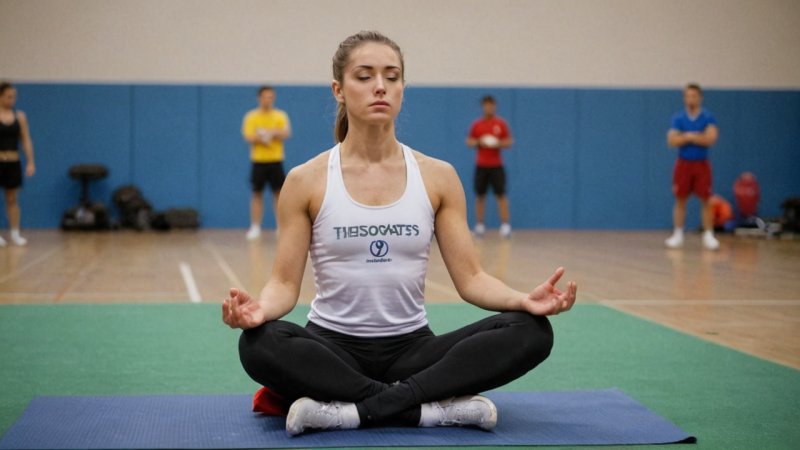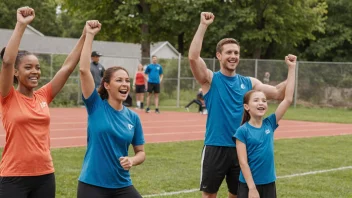In the competitive world of sports, physical prowess is just one piece of the puzzle. Athletes must also cultivate a strong mental game to truly excel. Sports psychology plays a crucial role in enhancing performance, providing athletes with the tools they need to overcome challenges and achieve their goals. In this article, we will delve into the multifaceted role of sports psychology, exploring techniques that can help athletes improve their performance while maintaining a focus on safety and well-being.
Understanding Mental Toughness
Mental toughness is a cornerstone of athletic performance. It encompasses the resilience, focus, and determination that athletes need to push through obstacles. Developing mental toughness can be achieved through:
- Setting Goals: Establishing clear, attainable goals helps athletes maintain motivation and track their progress.
- Positive Self-Talk: Encouraging oneself through affirmations can significantly enhance confidence and combat negative thoughts.
- Visualization Techniques: Imagining success and rehearsing performance scenarios mentally prepares athletes for competition.
Managing Performance Anxiety
Performance anxiety can hinder even the most talented athletes. Effective strategies to manage this anxiety include:
- Breathing Exercises: Deep breathing techniques can help calm nerves and focus the mind.
- Mindfulness Practices: Engaging in mindfulness helps athletes stay present and reduces overthinking.
- Familiarization with the Environment: Practicing in the actual competition setting can help reduce anxiety by creating a sense of familiarity.
Building a Strong Support System
Athletes often perform better when they have a robust support network. This can include:
- Coaches: A supportive coach can provide valuable feedback and encouragement.
- Family and Friends: Emotional support from loved ones can boost an athlete’s confidence and morale.
- Sports Psychologists: Professional guidance from a sports psychologist can offer tailored strategies for performance enhancement.
The Role of Routine and Consistency
Establishing routines is essential for athletes as they can create a sense of control and predictability. Routines can be integrated into training and competition through:
- Pre-Game Rituals: Engaging in specific activities before a game can help focus an athlete’s energy.
- Consistent Training Schedules: Regular training builds habits and fosters a sense of discipline.
- Nutrition and Hydration Routines: Maintaining a consistent diet and hydration plan supports overall performance.
Enhancing Focus and Concentration
Focus is vital for peak performance. Techniques to improve concentration include:
- Elimination of Distractions: Creating a distraction-free environment during practice can help hone focus.
- Setting Short-Term Focus Goals: Concentrating on immediate tasks rather than the overall outcome can reduce pressure.
- Use of Focus Exercises: Activities like juggling or meditation can enhance concentration skills.
In conclusion, sports psychology plays a vital role in enhancing athletic performance by addressing the mental aspects of competition. By understanding mental toughness, managing performance anxiety, building a support system, establishing routines, and enhancing focus, athletes can unlock their full potential while prioritizing safety and well-being. Embracing these psychological techniques not only improves performance but also fosters a healthier mindset in the world of sports.






